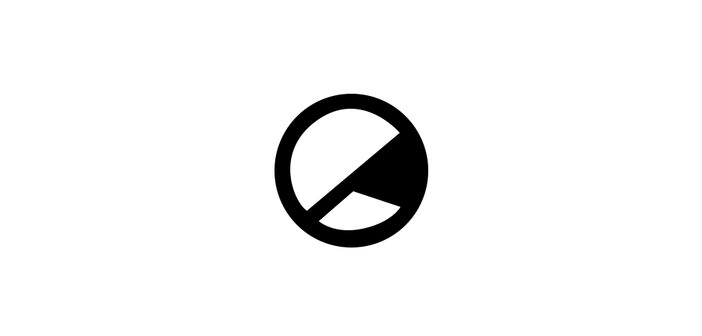SPOILERS AHEAD FOR BOJACK HORSEMAN!
The second half of BoJack Horseman’s final season dropped onto Netflix on 31st January 2020. After a three-month wait since the first half of the final season, the pressure was placed on these episodes to bring the story of Hollywoo to a close. Watching the episodes on the day of release I remember as the penultimate episode, ‘The View from Halfway Down’, ended. The tension was felt by everyone in the room and we all shared a look of awe at the previous 20 minutes of television. As the next and final episode played, it had the whole room laughing and cheering, before being emotionally hollowed out in the classic BoJack Horseman manner.
The finale, entitled ‘Nice While it Lasted’, picks up directly from the previous episode and opens with BoJack drowning in his LA mansion pool. The sombre atmosphere created by the previous episode is shattered by a series of fake out death reports that illicit a relieved, if uncomfortable, laughter from the audience. Through said opening montage BoJack is sentenced to 14 months in the Hollywoo Supermax, a well-deserved if melancholic revelation.
The episode that follows is structured as a series of vignettes. After a year in prison BoJack is granted a day release to attend the wedding of Princess Carolyn, his ex-girlfriend/manager/producer. The episode proper sees BoJack’s one-on-one interactions with the main cast of characters. It is through these conversations that the audience is updated how far these characters have developed over the past 12 months. Mr. Peanutbutter is managing to hold down a business and is addressing his codependency issues; Todd feels happy identifying as asexual and is working on his relationship with his mother; Princess Carolyn has managed to balance being a mother as well as the head of a company, striving to continue this wave of positivity.
The episode concludes 6 years of television in a way only BoJack Horseman could. The episode’s choice to have the only sounds be that of the primary characters’ voices is effective on two levels. This choice highlights the isolation of the characters, adding a melancholic atmosphere to the events. On the other hand, it represents how BoJack has moved past his need for public validation, finding fulfilment in those people who are truly important to him. For a show that has consistently juggled both comedy and drama, the final episode’s presentation is the perfect embodiment of the show. The finale feels like the show confidently doing what it does best in new and interesting ways.
The most divisive part of the episode among the fans is the choice to have BoJack survive the end of the show. BoJack drowning in his pool has been foreshadowed since the first season and was how many people, myself included, expected the series to end. Having BoJack survive, however, solidifies the show’s central ideology. Instead of the message being a nihilistic exploration of toxic familial relationships ultimately resulting in a never-ending cycle of hate, the show uses BoJack as a symbol of growth, never belittling his experience whilst never using them as an excuse for his behaviour. BoJack’s realisation of this philosophy in the final episode feels real. As Diane tells BoJack “sometimes life’s a bitch and you keep on living”. Having BoJack die would have him be a tragic figure of abuse. Now the show has wrapped up, leaving him as a hopeful reminder that life goes on and it’s how we face it that matters.
BoJack Horseman is available to watch on Netflix.



